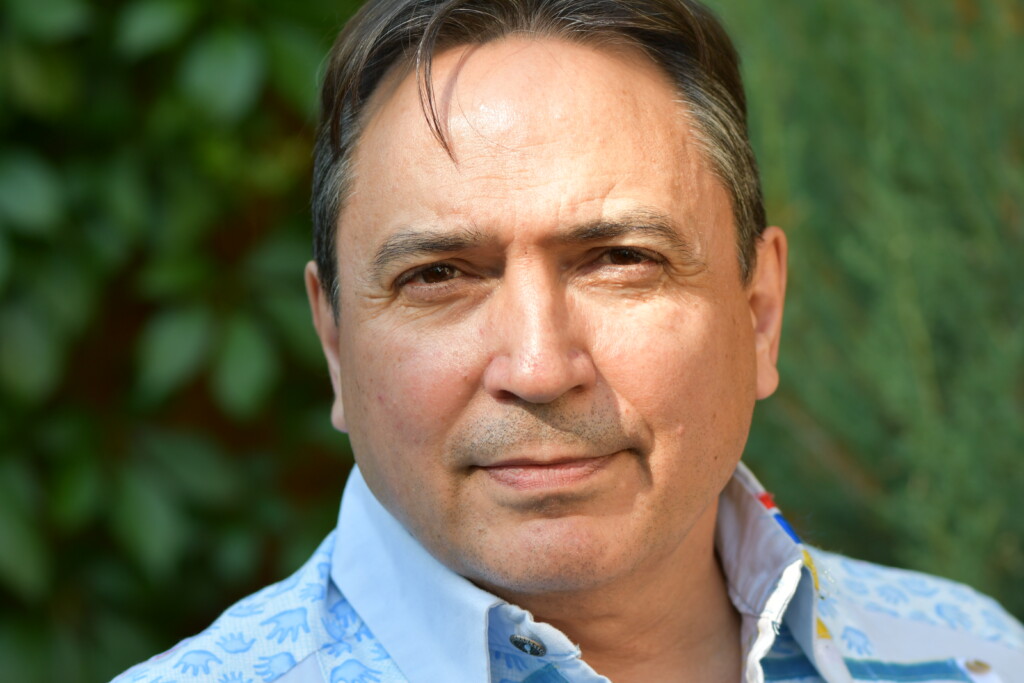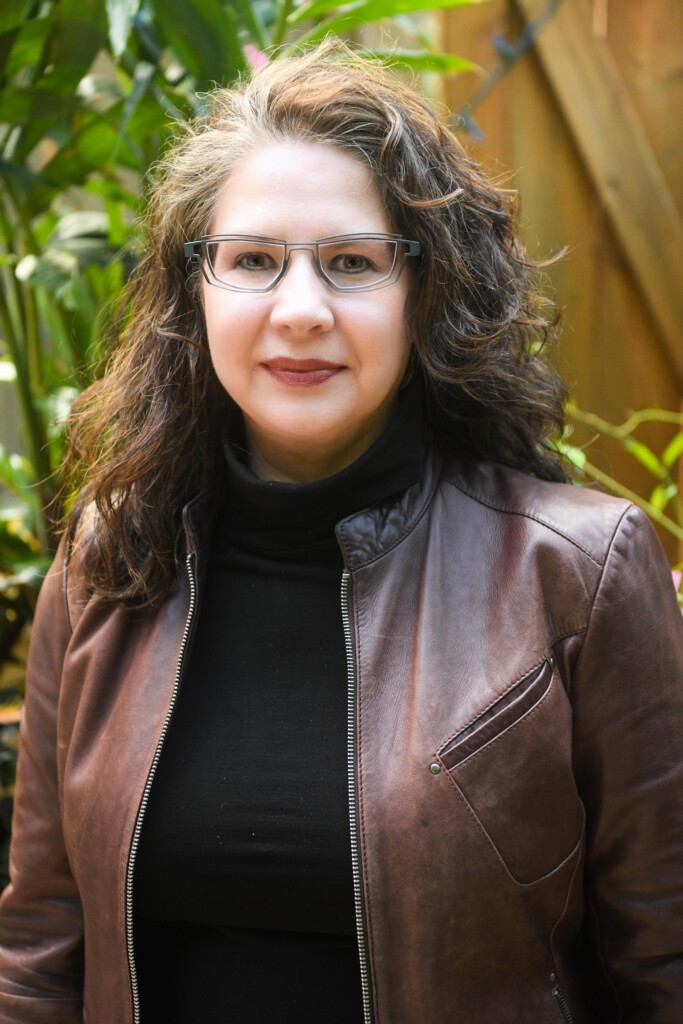Join us on Tuesday, May 23, 2023 from 7:00 pm to 8:00 pm CST as Perry Bellegarde addresses CPF members and staff, parents of FSL students and FSL supporters. This event is provided free of charge.
Please complete the registration form before noon CST Tuesday, May 23, 2023.
The Zoom link for The Speakers’ Series with Perry Bellegarde will be sent on Tuesday, May 23, 2023.

Perry Bellegarde
Former National Chief of the Assembly of First Nations
Chief Perry Bellegarde has dedicated his life to championing the rights and well-being of First Nations. For 35 years, he has held various First Nations leadership roles, including two terms served as the National Chief of the Assembly of First Nations (AFN). Chief Bellegarde believes passionately that at the heart of the original Treaty relationship sits a vision of peace and friendship that is the key to building a better and brighter future for Canada.
A member of Little Black Bear First Nation, Chief Bellegarde credits the wisdom shared by the First Nations Elders of Saskatchewan for instilling in him a deep sense of pride in his culture, as well as a lasting conviction that Indigenous knowledge and values are crucial to building a more just and inclusive society. He describes himself as an oskâpêwis, a Cree word meaning “helper”, and he believes this understanding of the role and responsibilities of a leader applies to many walks of life.
Chief Bellegarde has championed that vision through all his leadership roles. First, as the Tribal Council Representative for the Touchwood-File Hills-Qu’Appelle Tribal Council, and then as the Chief of the Federation of Saskatchewan Indian Nations, Councillor and Chief of Little Black Bear First Nation, and National Chief of AFN, a position he held from 2014-2021.
As National Chief, Chief Bellegarde campaigned tirelessly to close the gap in the quality of life between First Nations and other families in Canada. He led the AFN through a period of profound transformation in public awareness of First Nations concerns and priorities. Critical accomplishments include the passage of Canada’s first national legislation recognizing and protecting Indigenous languages, much needed changes in how government services in First Nations communities are funded, and securing a legal commitment to national implementation of the United Nations Declaration on the Rights of Indigenous Peoples.
Chief Bellegarde also influenced the acknowledgement of Indigenous Rights in the final Canada-United States-Mexico Agreement (CUSMA), as a member of the North American Free Trade Agreement (NAFTA) Advisory Council. He has also raised the international profile of First Nations expertise on sustainable development, promoting rights-based solutions to the climate crisis from the Paris Agreement to the Sustainable Markets Initiative.
In recognition of his work, Chief Bellegarde has been awarded the Confederation Medal, the Saskatchewan Centennial Medal, and both the Queen Elizabeth II Diamond Jubilee Medal and Golden Jubilee Medal. In 2018, he was recognized with the Saskatchewan Order of Merit, and in 2019, was awarded an Honourary Doctorate of Laws from Queen’s University. Most recently, Chief Bellegarde was named “Nation Builder of the Year” by the Empire Club of Canada and the Honorary President of the Royal Canadian Geographic Society.

Valerie Galley
Indigenous Advocate, Advisor & Author
Valerie Galley is of Ojibwa and Canadian Ancestry and is a Nipissing First Nation member in Ontario, Canada.
She is described as a visionary with a unique leadership style. Valerie collaborates with prominent policy, political, and social networks nationally and internationally to advocate for critical legislation and policy initiatives in support of Indigenous peoples and human rights.
Valerie is recognized globally for her sustainable contributions to First Nations priorities and the revitalization of Indigenous languages, having authored and co-authored more than 50 reports and formal statements for United Nations entities for more than a decade.
Additionally, Valerie serves as an advisor to UNESCO, counselling world leaders on Indigenous languages and cultures. The former prime minister of Canada, The Right Honourable Paul Martin, P.C., describes Valerie as “…a leader with a unique combination of intelligence and believability…sincerely interested in people…her knowledge of policy is exceptional…”
In collaboration with Canada’s Assembly of First Nations (AFN)—and at the request of Grand Chief Wilton Littlechild—she recently served at several UNESCO 2019 International Year of Indigenous Languages Steering Committee Meetings with the notable outcome of the United Nations’ Global Proclamation for the International Decade of Indigenous Languages from 2022 to 2032.
Valerie’s commitment to human rights and Indigenous priorities is deeply rooted in her childhood experiences. Valerie was a precocious observer, even at a young age, and was struck by the poverty and disparity of Ontario’s north during her family’s summer-long visits to her grandfather’s community. She often wondered why the closest health clinics and hospitals were located so far away from the communities where they were needed most? This is where her interest in Indigenous health and culture was conceived.
As a passionate, intelligent, and committed leader, Valerie immersed herself in her Bachelor of Arts degree where her professors helped her navigate through relevant coursework with exemplary results. At the same time, she interviewed Elders from Wasauksing First Nation, which served as the primary research vehicle for her undergraduate thesis. At that time, there was scant scholarly literature regarding social inequality and Indigenous peoples. Valerie was determined to change that. She did.
At Wilfrid Laurier University, Valerie earned an Honours Bachelor of Arts degree with majors in Sociology and Business Administration and a minor in French. Her thesis was entitled “Native Health Care: Native Canadians Comment on their Medicine, Health and Illness.” She later earned a Master of Arts in Canadian Studies and Native Studies where her thesis was entitled “Indigenization as Neoliberal Rule: The Canadian Aboriginal Head Start Initiative” and for which its defense resulted in “no requirement for changes”—a testament to her commitment to exemplary scholarly work.
Having written the national guidelines for the Aboriginal Head Start Urban and Northern Initiative, Valerie served as a team member that developed the Alternative Dispute Mechanism process for Indian Residential Schools Resolution Canada. As she was knowledgeable about the Truth and Reconciliation Commission of Canada (TRC) Calls to Action, Valerie served as a trusted advisor to help the National Arts Centre live up to its commitments to the TRC.
She leverages her organizing abilities by leading strategic initiatives for the National Chief of the Assembly of First Nations’ political campaigns. In her role as National Campaign Manager for the National Chief of the Assembly of First Nations, she led three national political campaigns, two of which saw the candidate elected.
Subsequently, as the Senior Advisor for the National Chief’s Transition Team, she headed the vision, priorities and led the team that wrote “Closing the Gap: Federal Election Priorities for First Nations and Canada,” which advanced First Nations’ priorities in Canada, delivering $20 billion over five federal budgets for necessary infrastructure, education, child welfare, language revitalization, the environment, and other human services.
Valerie served as a major advocate and strategist shaping Canada’s 2019 Indigenous Languages Act—a significant, historic, and long-awaited achievement in relations between the Government of Canada and Indigenous peoples. Additionally, Valerie, with a team, developed a political advocacy strategy for the National Chief of the Assembly of First Nations that secured federal support at the highest levels, in addition to supporting a broad range of Indigenous peoples’ governments and organizations in Canada.
In complex political environments she knows when to lead and navigate issues in the public eye. Valerie offers a combination of policy expertise, sharp strategic thinking, and an impressive network of contacts across Canada and abroad. Her knowledge of public relations and communications and her skill at leveraging national communications channels sets her apart.
Passionately committed to the national community, and as a Fellow for the Royal Canadian Geographical Society, she embodies the values of building, exploring, and supporting commitment to her country. In her youth she earned the Canada Cord through the Girl Guides of Canada, the highest award a Girl Guide could earn recognizing community service, volunteering, and hours invested in developing leadership skills.
Recognizing her generous contributions to First Nations’ priorities on a national stage, Valerie was awarded the Assembly of First Nations Heroes of Our Times Tommy Prince Award of Merit and the National Aboriginal Achievement Foundation’s Aboriginal Veterans Scholarship.
Valerie is also an outdoor enthusiast and especially enjoys ice skating. She is known to skate the entire 15.6 km length of the Rideau Canal each season. Despite being focused and serious about important issues, Valerie is known for her joyful sense of humour and a laugh that rings to the skies.
